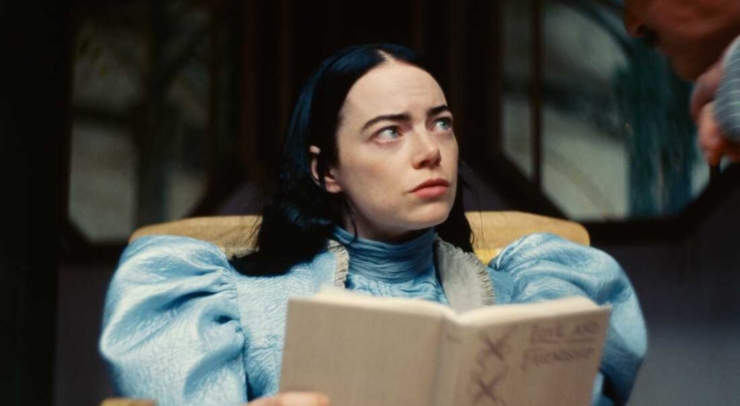The young, bored, and rebellious
Photo courtesy of Emily Marruci, SKHGia Coppola’s “Palo Alto” leaves viewers wondering what they have just seen. The film explores the short stories of James Franco’s novel of the same name through a slow and simple plot line. It focuses on a group of privileged Southern California teenagers as they explore the ramifications of their rebellious choices.
Emma Roberts plays girl-next-door April, who shines against the eerie and charming Mr. B (James Franco) who falls for her old-soul and innocence in a quirky, but well-written teacher-student relationship storyline. The two have the most interesting plot line and amazing chemistry in the film, but Coppola only gives Roberts and Franco a limited amount of screen time together.
The rest of the characters fall flat with one-note personalities and lack of character development. Teddy (Jack Kilmer) is a quiet boy who is persuaded by his prankster friend Fred (Nat Wolf) to commit mischievous activities, and then pays the consequence through various community services while taking an interest in art. Coppola attempts to make the audience sympathize for Teddy but the pace of the film leaves the viewer impatient and waiting either for the characters to hit rock-bottom or surpass their troubles and move forward.
The film could have been much stronger if Coppola focused on another major female character in the film, Emily (Zoe Levin), who seeks validation through sexual explorations with her high school classmates. Instead Coppola focused on Teddy, who does not come across as an interesting enough personality throughout the film. A standout but short cameo is played by Val Kilmer, Emily’s eccentric stepfather who provides much needed comedic relief.
Despite “Palo Alto” being Gia Coppola’s debut film, it’s overly reminiscent of her aunt Sofia Coppola’s aesthetic. Visually the film is outstanding to watch because of that aesthetic. One could argue Gia Coppola was inspired by her aunt from spending time on her film sets, but there is a lack of diversity between their cinematic style and taste.





